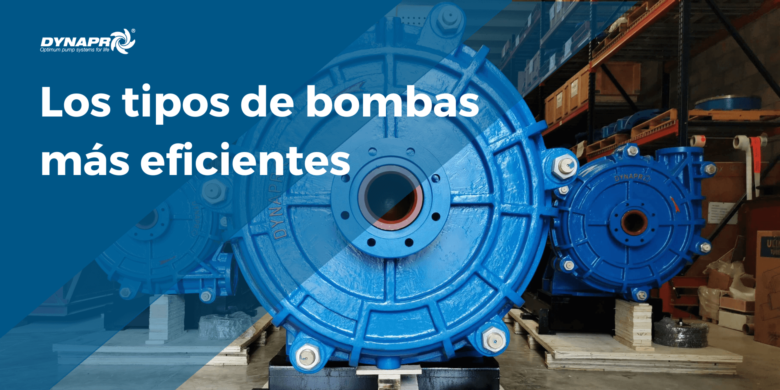blog address: https://www.kelvinindia.in/effluent-treatment-plant
keywords: ETP Plant, Effluent Treatment Plant
member since: Jul 6, 2023 | Viewed: 290
How is Effluent Treatment Plant so important?
Category: Other
How is Effluent Treatment Plant so important? Effluent Treatment Plant, also known as ETP plant, may not be the most glamorous topic in the world, but it plays a crucial role in our everyday lives. Whether you realize it or not, effluent treatment plants are silently working behind the scenes to keep our environment clean and safe. From industrial waste to sewage water, these plants effectively treat and purify various types of wastewaters before releasing it back into nature. What is Effluent Treatment Plant? The primary purpose of an Effluent Treatment Plant is to remove harmful substances and pollutants from the wastewater before it can be safely discharged into rivers, lakes, or other bodies of water. These pollutants can include chemicals, heavy metals, oils and greases, organic matter, and various types of contaminants. ETP plants employ a combination of physical, chemical, and biological processes to achieve effective treatment. The first step usually involves removing large solids through screening or sedimentation tanks. Next comes the removal of finer particles through processes like coagulation-flocculation or filtration. Once the solid particles are removed successfully, biological treatment methods take over. This stage utilizes microorganisms that break down organic matter present in the wastewater into simpler compounds like carbon dioxide and water. Why is Effluent Treatment Plant important? Effluent Treatment Plant (ETP) plays a crucial role in maintaining the environmental balance and sustainability of industries. It is important because it helps in treating and purifying the wastewater generated by industrial processes before it is discharged into water bodies or reused. One of the primary reasons why ETP is important is to protect our ecosystem from harmful pollutants and contaminants present in industrial wastewater. Without proper treatment, these pollutants can have severe detrimental effects on aquatic life, soil quality, and overall ecosystem health. Additionally, ETP ensures compliance with environmental regulations set by regulatory authorities. By treating the effluent according to prescribed standards, industries can avoid legal complications and penalties. Furthermore, ETP contributes to conserving water resources. Through various treatment processes like biological treatments, chemical coagulation/flocculation, sedimentation, etc., it enables the reuse of treated water for non-potable purposes within the industry itself. Moreover, implementing an efficient ETP system helps industries save costs associated with purchasing fresh water supplies or paying hefty fines due to non-compliance issues. It also enhances their reputation as environmentally responsible organizations. Benefits of Effluent Treatment Plant? • Protection of aquatic ecosystems • ETPs remove these contaminants and ensure that only treated water is released back into nature. • ETPs help in conserving freshwater resources. • It helps in addressing water scarcity issues but also leads to cost savings for businesses. • Ensuring regulatory compliance; and providing potential economic advantages for businesses.
{ More Related Blogs }
Other
OrganicDsd...
Oct 10, 2024
Other
Copiers and office equipment i...
Jul 26, 2022
Other
The Advantages of Houses for S...
Apr 23, 2024
Other
How To Make the Best Custom Gr...
Oct 15, 2024
Other
UFABET168...
Oct 9, 2023
Other
tipos de bombas...
Dec 24, 2024

